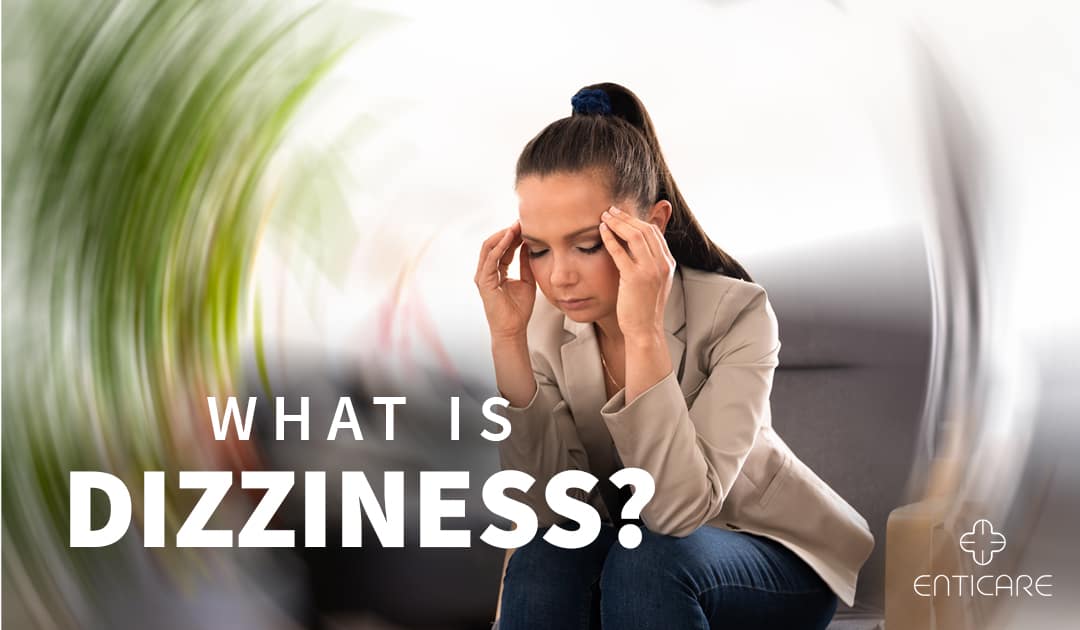Dizziness, an unsettling sensation experienced by many, can range from feeling lightheaded to a spinning sensation. This blog explores the various facets of dizziness, including common symptoms, types, underlying causes, and potential treatments.
Common Symptoms:
Lightheadedness often accompanies other symptoms, such as:
- Nausea and Vomiting: Common in severe cases.
- Loss of Balance: Increases the risk of falls.
- Fatigue: Pronounced with prolonged instances.
- Ringing in the Ears (Tinnitus): An additional sensory experience.
- Headache: Sometimes accompanies the sensation.
Types of Dizziness
Distinguishing between vertigo (a spinning sensation) and non-vertigo (feeling lightheaded or unsteady) is crucial. Vertigo, often caused by inner ear disorders, differs from non-vertigo lightheadedness linked to factors like low blood pressure, dehydration, anxiety, and medication side effects.
Vertigo:
Vertigo stems from various causes, such as inner ear disorders (e.g., benign paroxysmal positional vertigo or BPPV), vestibular neuritis, and acoustic neuroma.
Non-Vertigo:
Non-vertigo lightheadedness involves feeling faint, unsteady, or on the verge of fainting. Causes include low blood pressure, dehydration, anemia, anxiety, hyperventilation, medication side effects, and neurological conditions.
Causes
Lightheadedness can result from a range of factors, both physical and psychological:
- Inner Ear Disorders: Disorders like labyrinthitis and Meniere’s disease affect balance.
- Neurological Disorders: Conditions like Parkinson’s disease and multiple sclerosis can induce lightheadedness.
Treatments for Dizziness
Tailoring treatment to the underlying cause is pivotal. Options include medications, vestibular rehabilitation (physical therapy), lifestyle changes, and addressing underlying medical conditions. Medications like meclizine or betahistine may alleviate symptoms, while vestibular rehabilitation focuses on improving balance and coordination.
Preventing Dizziness
Several steps can help prevent dizziness:
- Stay Hydrated: Avoid dehydration, a common cause.
- Avoid Triggers: Identify and manage activities or situations triggering lightheadedness.
- Manage Medications: Consult with a doctor about alternative medications or coping strategies.
- Balanced Diet: Provide essential nutrients to prevent lightheadedness.
- Manage Stress: Incorporate stress-management techniques.
- Adequate Sleep: Aim for 7-9 hours per night.
- Regular Exercise: At least 30 minutes of moderate-intensity exercise daily.
Conclusion
If persistent or severe dizziness affects your daily life, seeking professional help is crucial. Our providers at Enticare are ready to assist in determining the cause of your dizziness and recommending appropriate treatments. Contact us at 480-214-9000 to take the first step toward a dizziness-free life.

